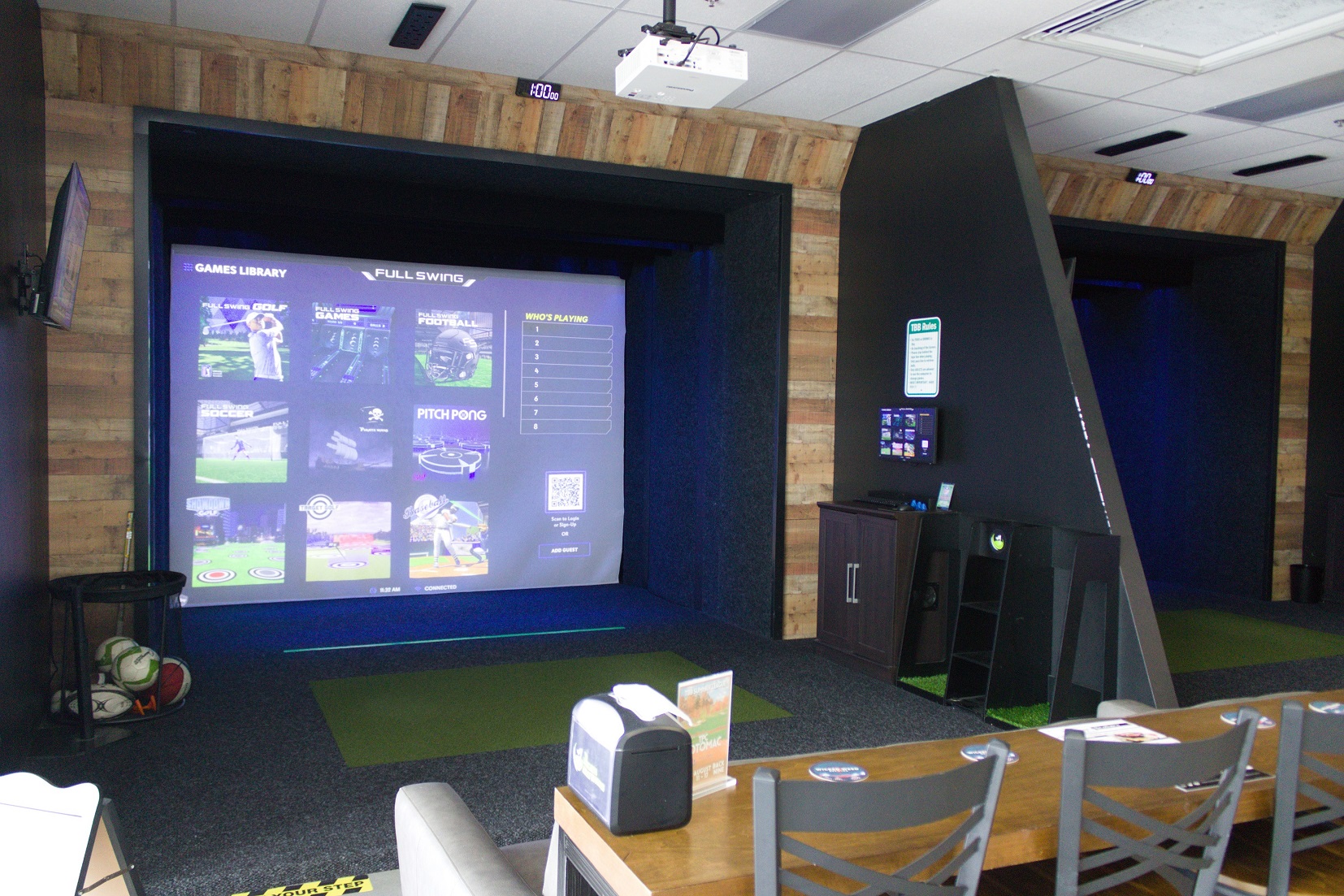
Fort Bragg is now the first installation of the U.S. Department of Defense to co-locate offices for a U.S. Army program that helps military families with special needs by providing comprehensive and coordinated community support, housing, educational, medical and personnel services.
To celebrate beginning all of the programs together, Fort Bragg officials held a ribbon cutting ceremony on April 24 at the new office located in the Soldier Support Center on Fort Bragg.
The new space will host the two pillars of what is known as the Exceptional Family Member Program (EFMP); the medical and family support components of the program.
The new office area encompasses an entire fourth floor of the Soldier Support Center to expedite access to services for military families in the EFMP. Families must enroll in the program to ensure access and referral to appropriate support services for the care required. The new space is the result of 18 months of planning and renovation to offer families a one-stop shop for services.
“EFMP is a program in support of the soldiers and family members that are so far away from their traditional support system,” said Casey Clark, EFMP program manager at Fort Bragg. Clark is also a retired Army Veteran. “We want to be their support away from support. We want to make sure that our soldiers feel comfortable while they're here at Fort Bragg, and have all the resources necessary.”
EFMP Medical will process all enrollments, renewals, disenrollments and overseas travel screenings. Clark listed some examples of what would qualify a family for this type of program.
“Having an exceptional family member, and that family member needs to see podiatry on a semi-annual basis, or dermatology, or you need a pediatric cardiologist,” he said. “Or, if you have a child with an [individualized education program or IEP].”
EFMP Family Support will ensure families have the specialty care they need by gathering and providing community resources and referrals, helping families build their support networks through events and support groups, non-clinical case management and managing Fort Bragg’s respite care
for qualifying families.
This type of EFMP support involves non-clinical case management services, Clark said.
“We have a group of system navigators and government employees that are involved in the surrounding communities,” he noted. He also added that they can help secure important services like rehabilitative healthcare and Applied Behavior Analysis (ABA) therapy.
“We assure that we have those available to provide to our families if they need them,” Clark said. Clark noted that the non-clinical case management program helps assess if services are effective. “We can actually follow you, if you want, and ensure that you're getting the results that you need from those services.”
Overall, Clark said that EFMP is an added layer of support provided by the Army, as soldiers navigate an already-stressful environment that comes with being a service member.
“If you're a soldier and you have an exceptional family member, whether that be for medical reasons or educational reasons, that just adds stress to your life,” Clark said. “We want to try to help you reduce that stress by providing the resources that your family members require.”
For some families, EFMP can go beyond that. Capt. Matthew Moorehead, who has been at Fort Bragg for under a year has been keen on using the program to help integrate his family into the broader community at Fort Bragg and in the greater Fayetteville area.
Moorehead has been a part of the family support component of EFMP throughout his Army career. His wife, from a military family, has been in the program for even longer under her father - a 23-year Army Veteran. Their daughter is now an EFMP member as well.
“It's been a helpful program,” Moorehead said. He noted he arrived at Fort Bragg in August last year and has used the program to help his family integrate into the community.
“I am trying to not only integrate myself to the community, but to the installation, helping correlate my family with like minded people who deal with some of the same things I do,” he said. “[The programs] put us all together.”
The program has helped the Mooreheads find that sense of belonging and allowed them to also bring others along. Moorehead said that the program helped him get closer to a service member in his company.
“I did not realize they were a part of EFMP until I saw them at a mutual event that actually brought my family closer together to the individual,” Moorehead said. “I also try to help as well. So anytime there is an event, I'm also trying to volunteer if I can help out in any way.”
Moorehead recently attended an event at Methodist University in Fayetteville in support of the local Special Olympics chapter.
“For me, that is trying to give back to the community,” Moorehead said. “I've had that luck, I guess, to have someone who cares enough to invite me and treat me along,” he said of his EFMP program manager.
To find out more information on Fort Bragg’s EFMP program, find them on Facebook at www.facebook.com/Fort-BraggACSEFMP
I have now completed three decades on Earth. And I don’t know how to feel about that. It’s one thing to be told you’re getting old by your great-aunt Gertrude, or to pass major life milestones like graduating from high school or college, but there’s

For local nonprofit The CARE Clinic, financial sustainability depends entirely on private support—making the 25th annual Toast of the Town fundraising event on Sept. 18 a crucial component of the organization’s annual budget. Photo provided

The Bogey Brothers, located in Cameron, N.C., has four multi-sport simulator bays that promise fun for all ages. Whether it’s your first time hitting a golf ball or you frequent the fairway, this venue offers a new way to experience the sport. In add